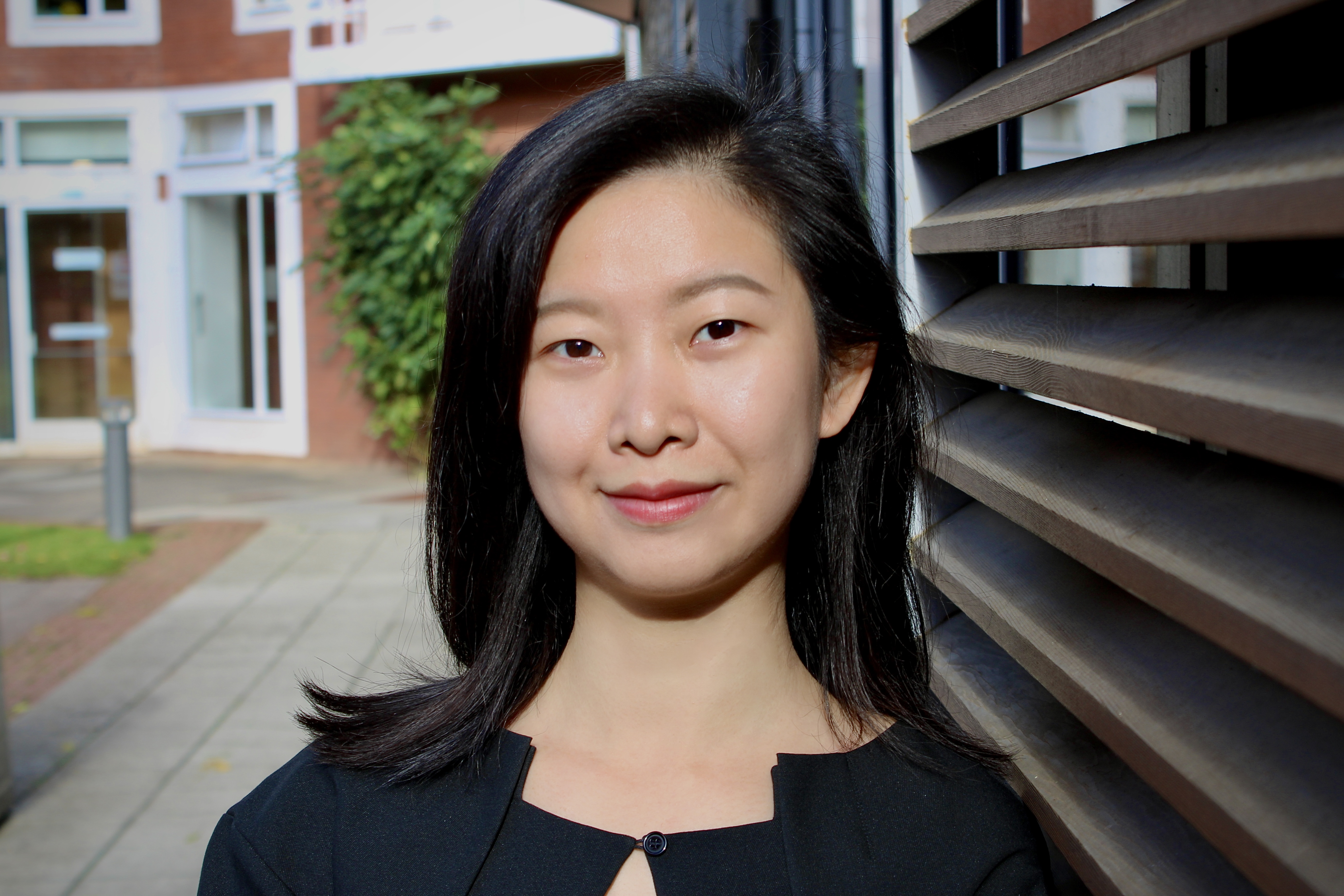Distractions are pervasive in today’s workplaces, from noisy open-plan offices to digital
interruptions. Using an incentivized laboratory experiment, I study the effects of distractions
on performance and mental well-being, elicit willingness to pay to avoid distractions, and
validate questionnaire items on resilience in working under distractions. I then incorporate
these validated items in a representative Dutch survey panel. I obtain four main results.
First, despite having little impact on performance in the lab, distractions are detrimental
to individuals' self-reported mental well-being while working. Second, many individuals are
willing to pay to eliminate distractions, and this willingness to pay is negatively correlated
with the change in mental well-being. Third, individual heterogeneity in the impact of distractions
on mental well-being can be captured by questionnaire items. Fourth, resilience to distractions
strongly predicts income and job satisfaction in the representative survey data, even conditional
on education, sector, and other personality traits.
